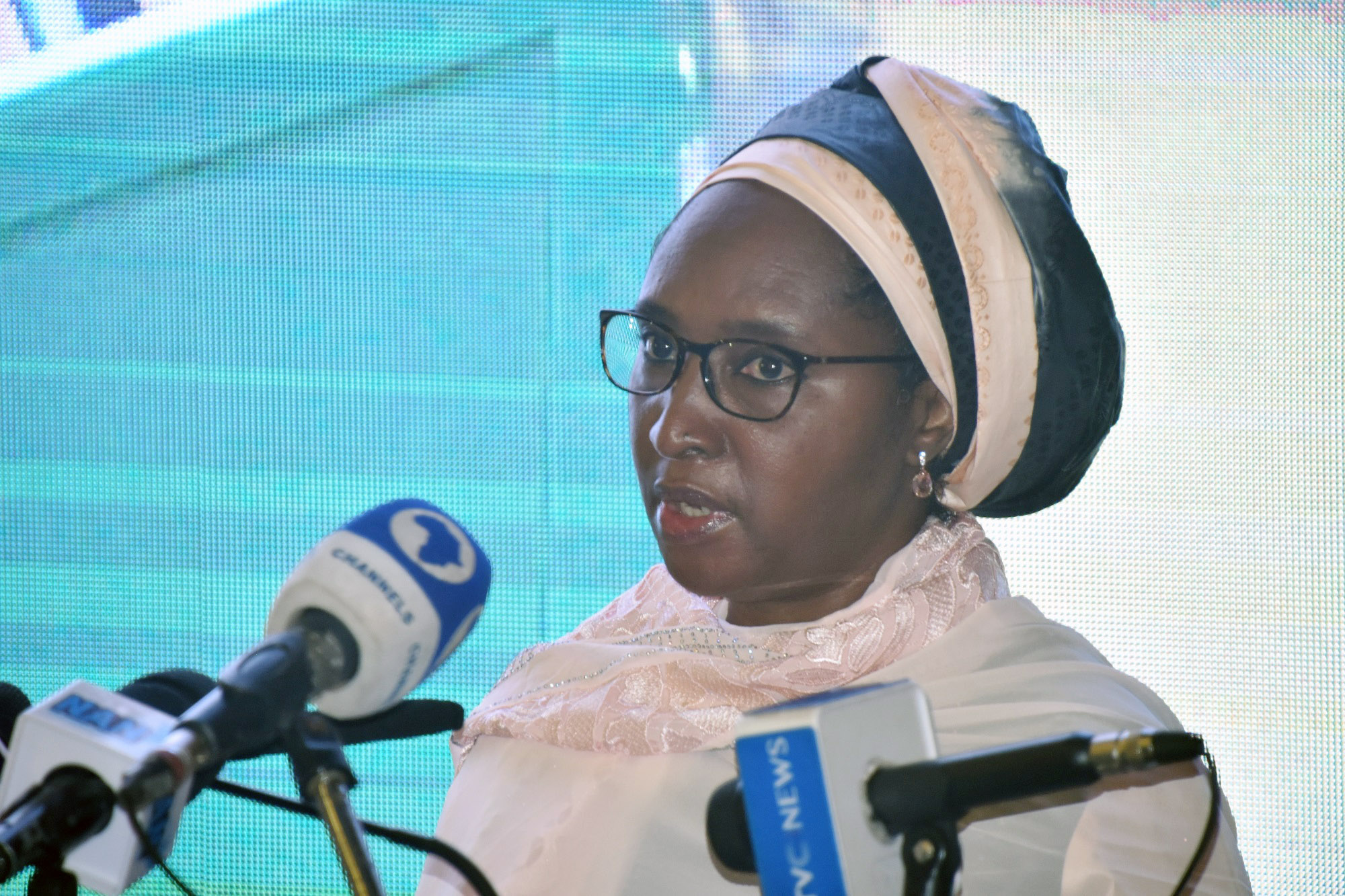Business
Minister Blames Ukraine War For Nigeria’s Deficit

Minister of Finance, Budget and National Planning, Zainab Ahmed, on Wednesday, blamed the country’s rising fiscal deficit partly on the ongoing Russia/Ukraine war.
According to a report from The Tide’s source, Ahmed, who spoke at the ongoing Spring Meetings of the International Monetary Fund (IMF), said the rise in prices of oil has pushed the country’s subsidy budget.
This, she argued, has increased the budget deficit to Gross Domestic Product (GDP) ratio from the planned 3.5 per cent to 4.5 per cent.
The National Assembly has recently jacked up N3.56 trillion earlier budgeted for subsidy payments over 12 per cent to N4 trillion, causing an outrage across the country. The adjustment was caused by the subsidy bills.
Zainab’s argument caused a stir on social media, especially Twitter, as Nigerians and other nationals knocked the administration for lacking prudence and creativity in the management of the national economy.
Founder of Proshare, Olufemi Awoyemi and others who reacted to the argument said it was sad that the government has turned to the war in Europe for the blame game.
Meanwhile, the International Monetary Fund (IMF) and the World Bank have raised concern about rising prices of essentials, saying rising inflation and mounting debt could significantly expand the poverty population.
Speaking on Wednesday at the ongoing Springs Meetings the Managing Director of IMF, Kristalina Georgieva, said the accelerating inflation, which has become a clear and present danger for many countries, rising food and fuel prices leave the budget of ordinary households with enormous strains.
She identified financial tightening, high debt and frequent, wide-ranging lockdowns in China as additional dark clouds weighing on the global economy.
The IMF boss highlighted that the global agenda, which analyses the repercussions of the crises the world is facing also offers a way forward in terms of an immediate response and longer-term efforts to boost resilience.
She hoped the war in Europe ends soon but said help must be mobilised for Ukraine and other countries negatively affected by geopolitical tensions.
Georgieva pointed out inflation as a major pressure on families and called for “decisive actions by central banks” to mitigate it. She charged them to keep their fingers on the pulse of the economy and adjust policy as necessary.
President of the World Bank Group (WBG), David Malpass, had at a press conference said the Russian-Ukraine war is adding to the debt burden and the fragility of many countries.
Malpass noted that food prices have already increased by 37 per cent year-on-year (YoY) while calling for urgent actions to stem the challenge to prevent a major disaster.
He expressed worry that the current food crisis could extend for months and even into next year.
Business
Tinubu’s RHI Doles Out N50m To 1,000 Kwara Petty Traders

Business
UBA To Educate SMEs, Business Owners On Withholding Tax

Business
Nigeria Losing $40b Annually From Maritime Sector – NIMENA
-

 Editorial4 days ago
Editorial4 days agoHurray, Siminalayi Fubara Is 50!
-

 News2 days ago
News2 days agoUK Appoints British-Nigerian As Trade Envoy To Nigeria
-

 Business2 days ago
Business2 days agoFG Issues 25-year Licence To 10 Gas Distribution Coys
-
Column4 days ago
Nuclear Stocks Soar on Stargate AI Infrastructure Announcement
-
News2 days ago
FG Deports 828 Illegal Immigrants, Tightens Border Security
-
Rivers2 days ago
Holy Ghost Rally, Source Of Blessings-Fubara
-
Rivers4 days ago
Group Decries Claim Over Bukuma Royal Stool
-
Niger Delta2 days ago
D’Gov Tasks APWEN, Others On SMART Goals

